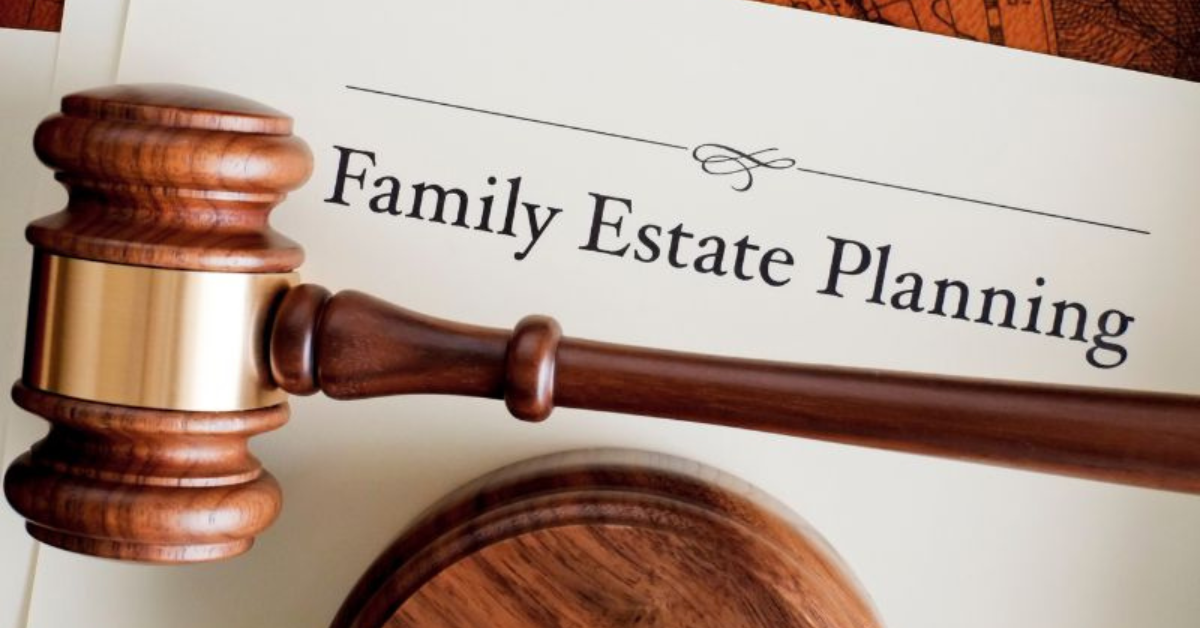More About Estate Planning Attorney
More About Estate Planning Attorney
Blog Article
Getting My Estate Planning Attorney To Work
Table of ContentsSome Known Incorrect Statements About Estate Planning Attorney Unknown Facts About Estate Planning AttorneyEverything about Estate Planning Attorney
Adjustments in your life can create a reason to alter your estate strategy. Modifications in the law can likewise develop a demand to upgrade your estate plan. The various charges and expenses for an estate plan must be discussed with your attorney. There are several sources for estate planning provided on the net or by various companies, and the incentive to avoid attorneys' costs is commonly an inspiring factor.
It is also possible that it will certainly be transformed as a result of the change of management in 2020. The Illinois estate tax threshold quantity is $4,000,000 and an estate with even $1 over that quantity undergoes tax on the entire amount. A person whose estate exceeds these exemption or threshold levels requires to do some added estate planning to lessen or eliminate death taxes.
The Illinois estate tax obligation threshold is not mobile. Normally, a gift of building from a person to his or her spouse that is an U.S. resident is exempt to a gift tax obligation or an inheritance tax. Presents to anyone else is a taxable present, however undergoes an annual exclusion (discussed below) and the same lifetime exception when it comes to federal estate tax.
Not known Factual Statements About Estate Planning Attorney
Some estate plans may include lifetime presents. In 2020, an individual could give up to $15,000 a year to anybody without a gift tax. On top of that, under specific circumstances, a person might make presents for medical expenditures and tuition expenditures above the $15,000 a year restriction if the clinical settlements and tuition repayments were made straight to the clinical company or the education and learning copyright.
Couples typically have homes and checking account in joint tenancy. It is utilized less regularly with nonspouses for a variety of reasons. Each joint lessee, despite which one purchased or initially possessed the residential property, can utilize the jointly possessed residential or commercial property. When 2 people very own residential property in joint tenancy and among them passes away, the their website survivor ends up being the 100 percent proprietor of that residential or commercial why not try these out property and the departed joint renter's rate of interest ends.

When a tenant-in-common passes away, his or her interest passes to his or her estate and not to the surviving co-tenant. The property passes, instead, as part of the estate to the heirs, or the recipients under a will.
Estate Planning Attorney - Questions

Illinois has embraced a law that permits economic accounts, such as with a brokerage firm, to be signed up as transfer on fatality ("TOD"). These are comparable to a payable on death account. At the death of the proprietor, the assets in the account are moved to the assigned beneficiary. Illinois has recently taken on a law that enables specific real estate to be transferred on fatality with a transfer on death tool.
The recipient of the transfer on fatality tool has no passion in the genuine estate until the fatality of the owner. All joint occupants need to agree to the sale or home mortgage of the building. Any type of one joint renter might withdraw all or a component of the funds in a joint bank account.
Estate, present, or earnings taxes might be affected. Joint occupancy might have other effects. As an example: (1) if residential property of any type of kind is kept in joint tenancy with a loved one who receives welfare or various other benefits (such as social protection benefits) the loved one's entitlement to these advantages might be endangered; (2) if you place your house in joint occupancy, you may shed your right to advantageous elderly person property tax treatment; and (3) if you create a joint occupancy with a youngster (or anybody else) the youngster's creditors might look for to collect your kid's financial debt from the home or from the earnings of a judicial sale.
Joint occupancies are not a straightforward solution to estate problems but can, in fact, create issues where none existed (Estate Planning Attorney). The prices of preparing a will, tax obligation preparation, and probate might be of little value compared to the unintended Read Full Article problems that can emerge from using joint tenancies indiscriminately. For a full explanation of the benefits and negative aspects of joint occupancy in your specific scenario, you need to seek advice from an attorney
Report this page